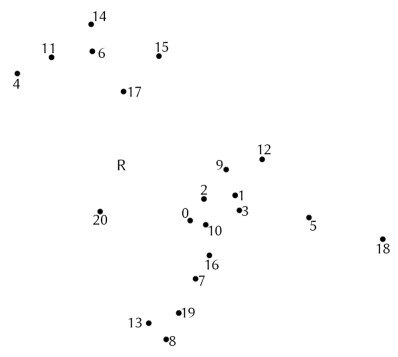Just an interesting fragment: When the Chiricahua Apaches of southern Arizona went on a raiding party, they adopted a special speech. One informant told anthropologists Morris Edward Opler and Harry Hoijer:
I used to know many words, but I have forgotten just about all of them. Only one sticks in my mind, and that is the ceremonial way of asking for a drink of water. Instead of saying, ‘I want to drink some water,’ we had to say, ‘I begin to swim the specular iron ore.’
Peter Farb writes in Word Play (1981), “This kind of formal speech had to be maintained until the war party returned to the camp, at which time conversation switched back to everyday language.”
(Morris Edward Opler and Harry Hoijer, “The Raid and War-Path Language of the Chiricahua Apache,” American Anthropologist, New Series, 42:4 Part 1 [October-December 1940], 617-634.)





